Nerves kicked in as our taxi approached Bangkok's Suvarnabhumi airport. I'd been locked down in Thailand with my girlfriend Ashley for the past four months due to Covid-19.
Now our visa amnesty was ending, and with most countries still in strict lockdown, we decided to fly to the US, despite the ominous outlook and the country's inability to control the virus.
We lugged our heavy backpacks from the taxi and approached the flight information board and gasped. Of 20 scheduled flights, 18 had been canceled. At the bottom of the board was our Qatar Airways flight to Doha... incredibly, not canceled.
We were getting out of Thailand.
Since our last flight had been canceled weeks before, this was the kind of luck we'd be waiting for.
Thailand's busiest airport was shockingly solemn. It felt eerie, in a similar way to what I'd imagine Chernobyl feels like. Almost everything had shutdown, wrapped in plastic, and abandoned. The departure lounge was empty of people, apart from those on our flight. The silence in a usually bustling place felt genuinely uncomfortable.
Every airport seat was separated by two chair spaces for social distancing. Face masks covered every face, and at the flight gate, airline staff handed out plastic face shields to be worn at all times during the flight.
Entering the plane felt more like walking into a science lab. Flight attendants were covered from head to toe in white protective suits, glasses and face masks. Most airlines have adapted these and similar measures due to new travel guidelines introduced by the World Health Organization.
Face masks with carbon filters have the best protection and are best for air travel. You can find a high quality face mask here.
As for the flight itself, it felt relatively normal. Passengers were allowed to remove face shields and masks for meals and most slept wearing their new protective shields. Not all airlines provide face shields. You can contact the airline to find out if they provide face shields or simply bring your own. Get an affordable face shield here.
Three flights and no sleep later, we arrived on US soil.
Entering the US, we weren't sure what to expect. Would there be health checks? Strict Covid-19 screening?
As a US citizen, we expected an easy passage for Ashley. But for me, an Australian traveling to the growth hub of a global pandemic, we had no idea what to expect.
However, on the US end, there was no health checks, no questions regarding Covid-19 at all. It was a smooth passage into the country, and into our 14-day self-quarantine.
Things to know about international travel during Covid-19:
Check flight schedules frequently
I can't stress this enough. Most flights are simply not going ahead. Some are canceled weeks before, others last minute. Flying right now is a risk, so ensure you book with an airline with a refund policy.
Travel options are limited
Most countries have gone into lockdown. Check here to for a visual of each nation's lockdown status. Pay particular attention to countries that are partially open. This could mean they are only open to citizens or certain visas.
Some borders require testing/and or paperwork
Some countries require arrivals to undergo strict screening, testing, and may require specific paperwork like insurance proof.
Expect to quarantine
After international travel, you should be preparing for quarantine. A lot of countries will require 14 days of quarantine upon entry. This can be home quarantine, or hotel quarantine. Be aware, you may need to fork the bill for hotel quarantine like in Australia.
Bring everything with you
Airports are ghost towns. You might want to plan ahead and bring everything you need with you, because you can't rely on getting anything at the airport.
You might also be interested in:

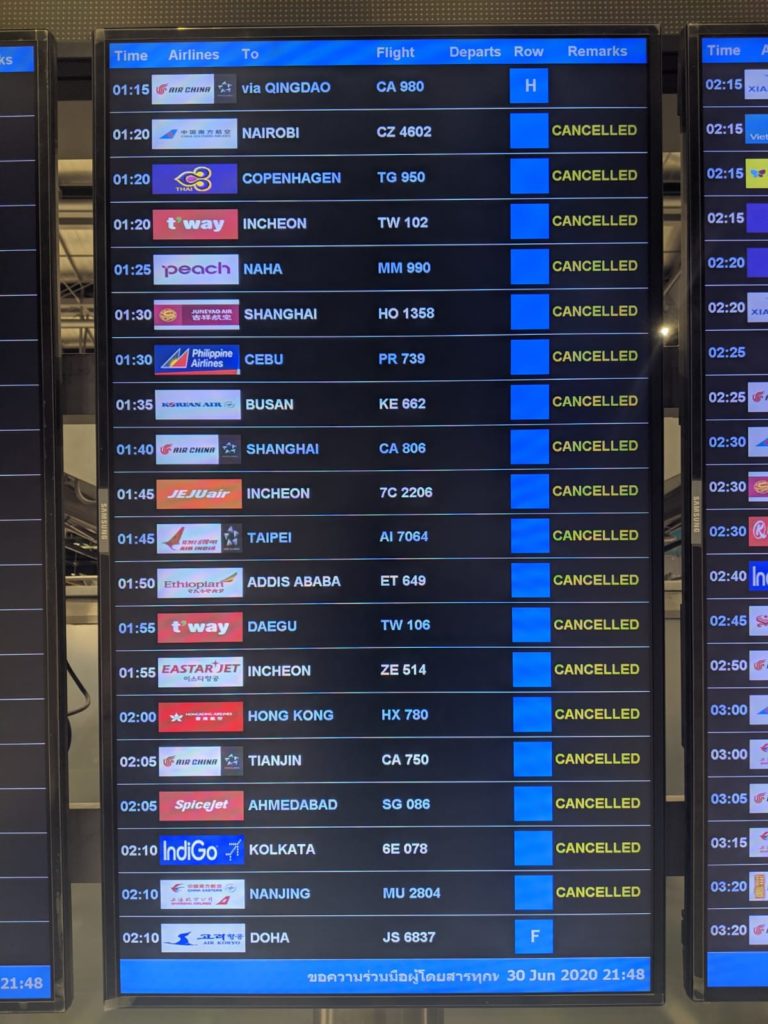
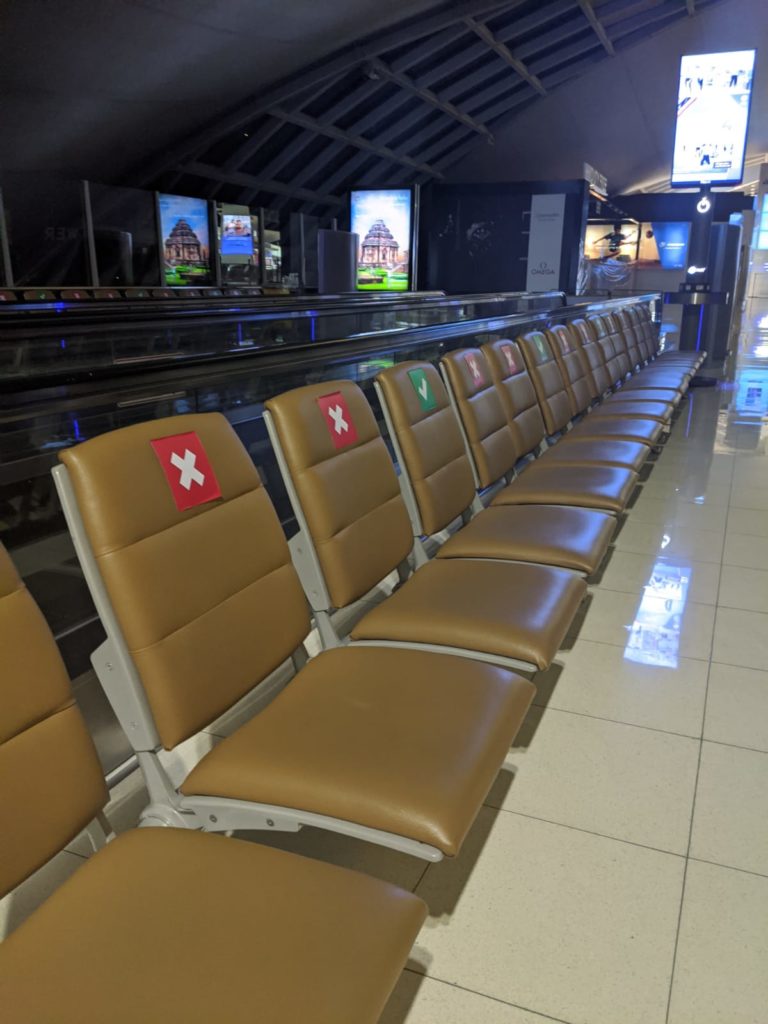
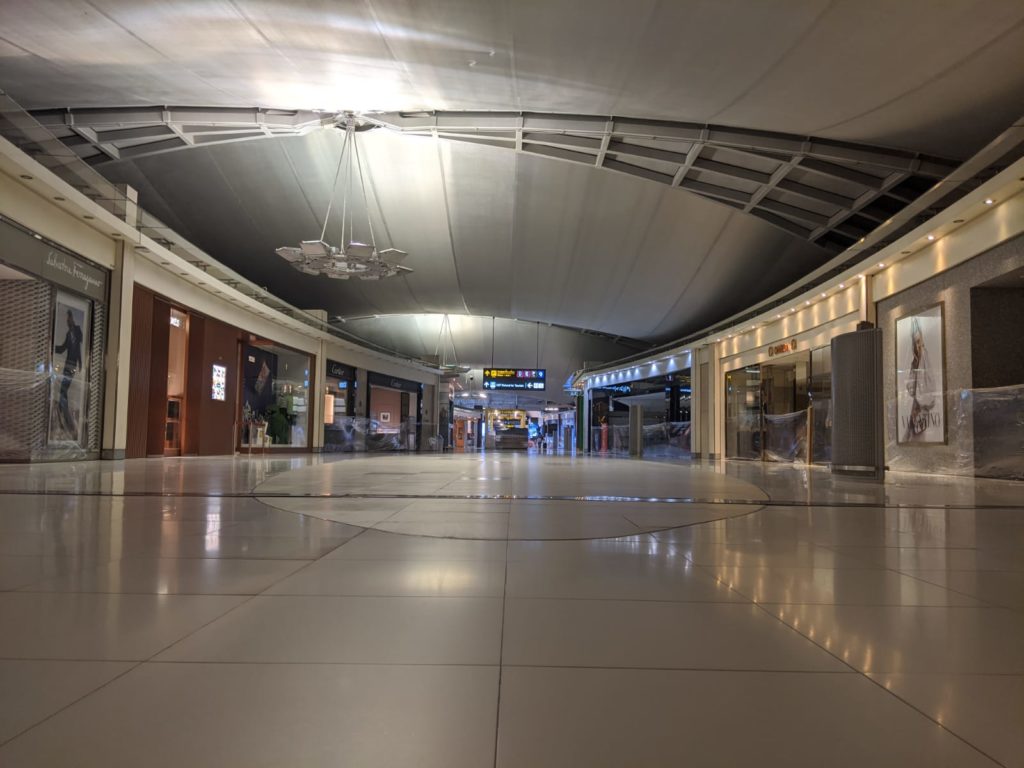
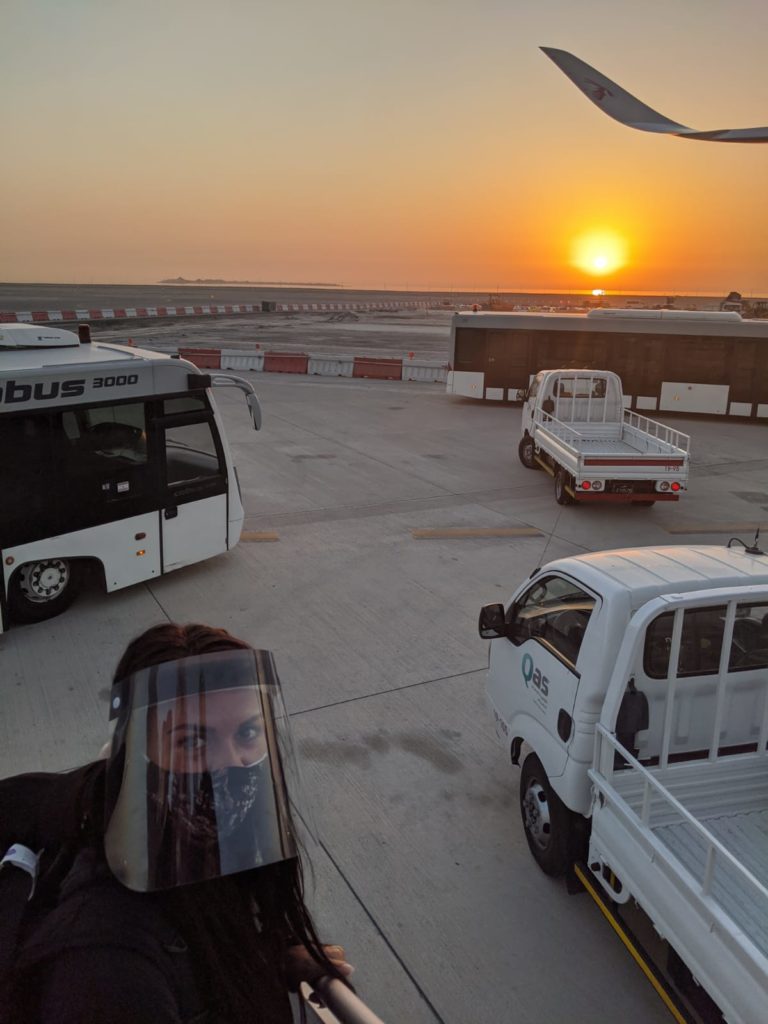
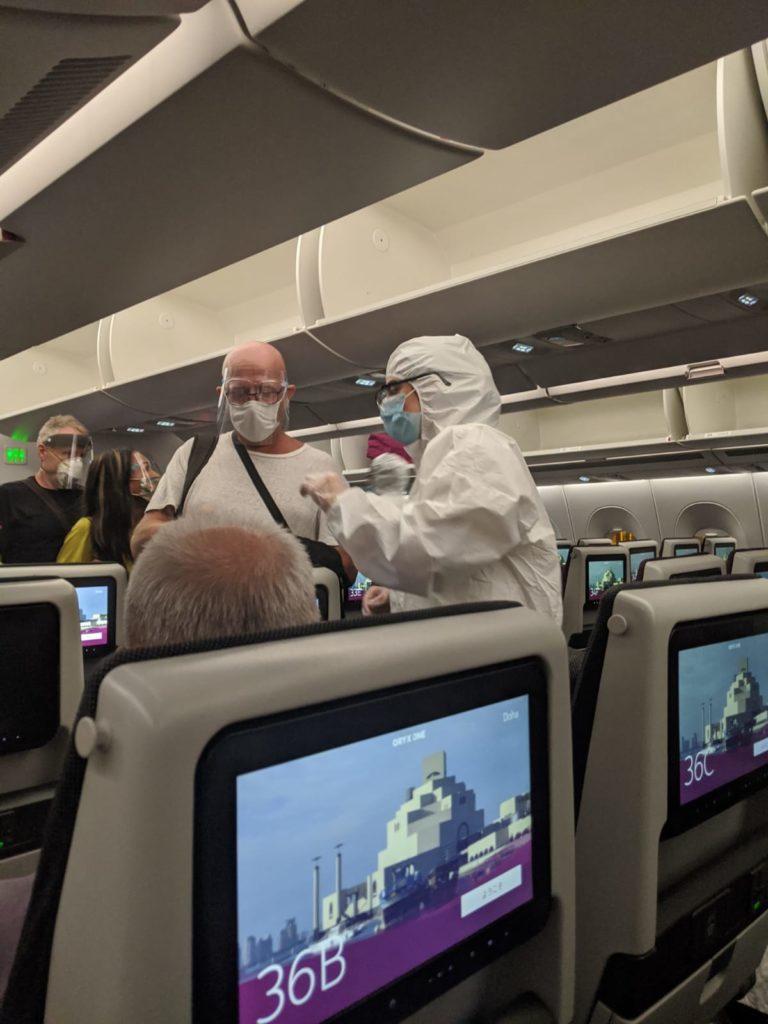

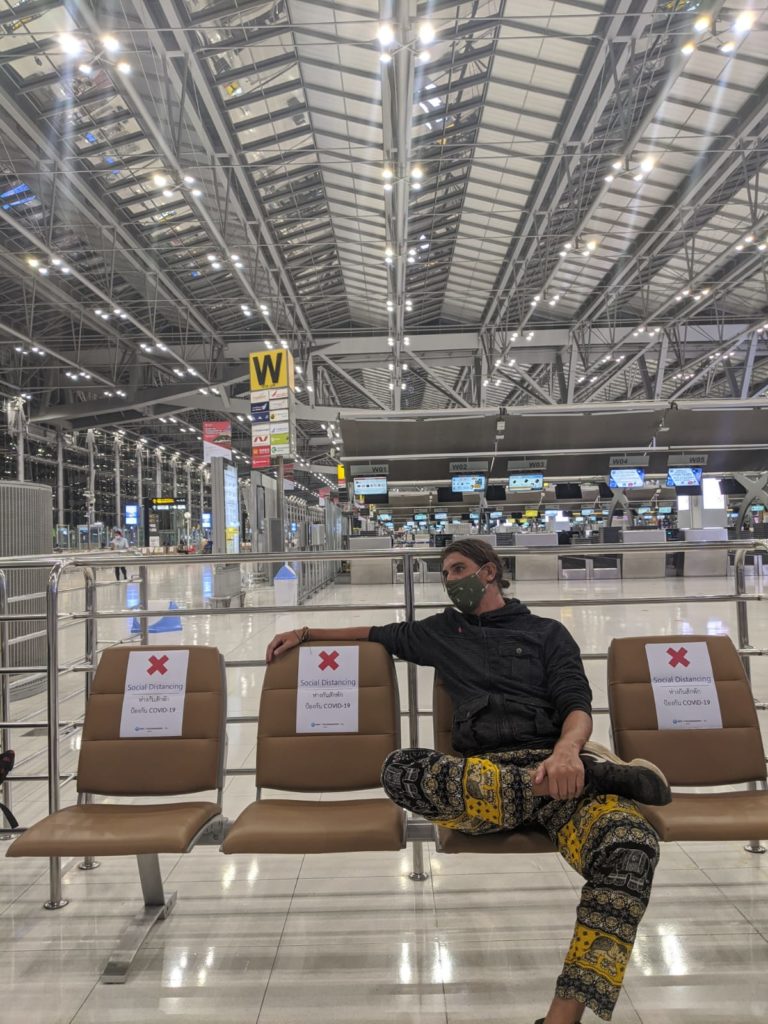
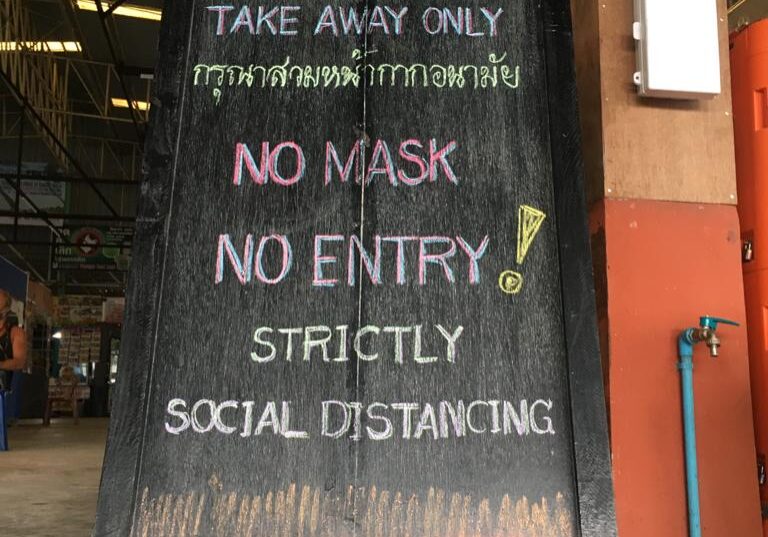
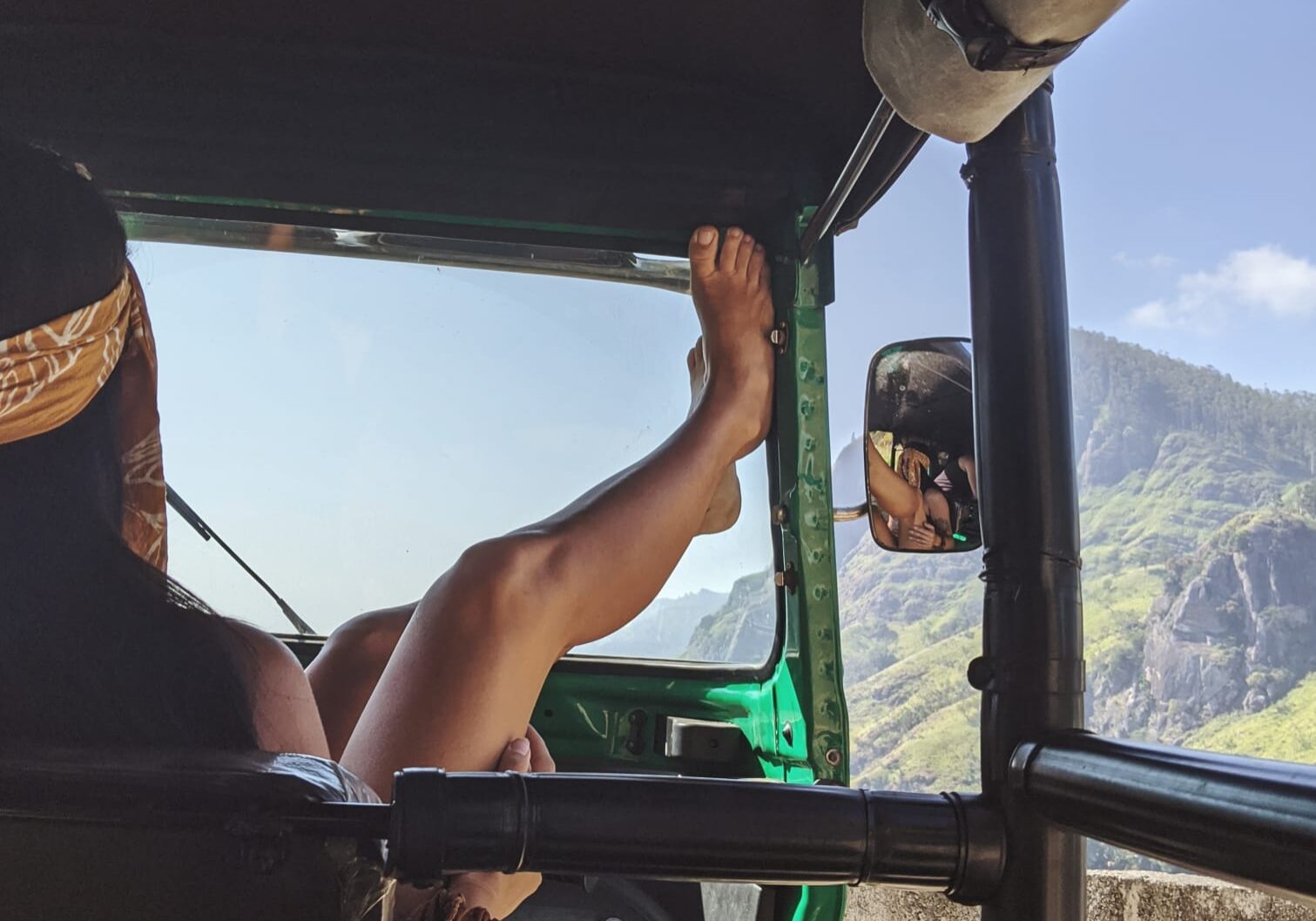
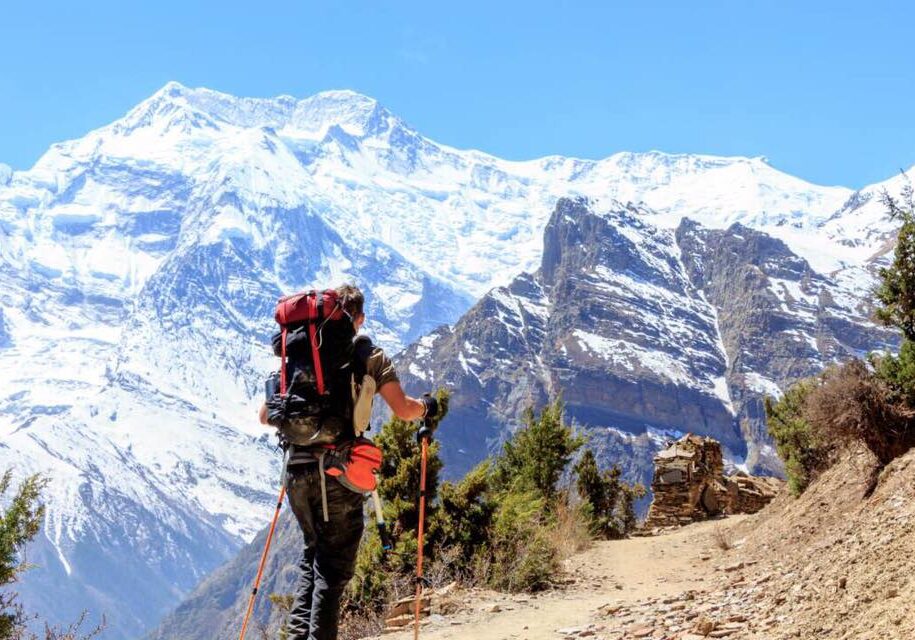
This is amazing….great article
Thanks so much, Becky!